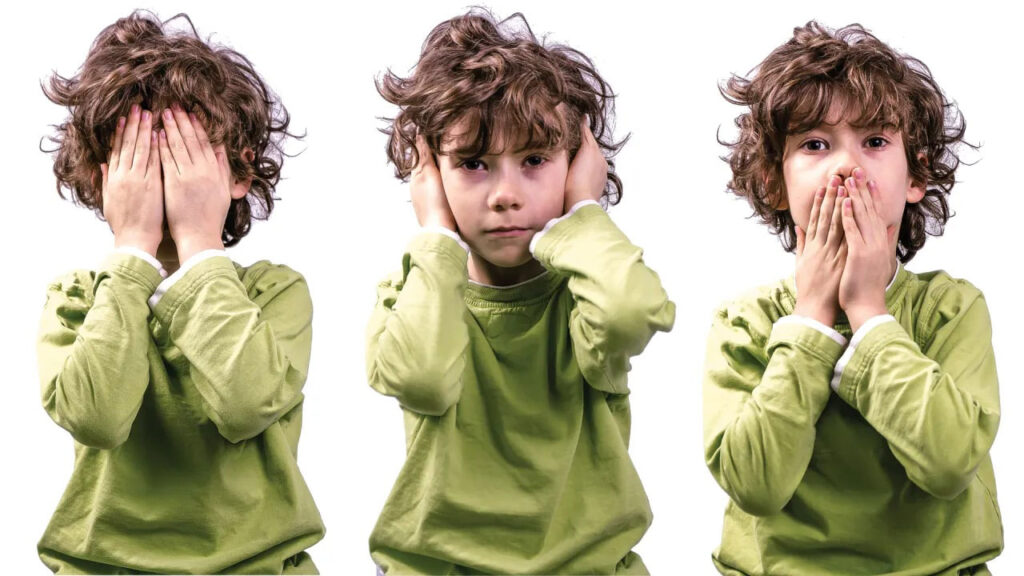People who are autistic may be more likely to experience depression. However, symptoms can be displayed differently, diagnosis may be harder and treatment plans may have to be adapted to account for the distinct ways that autistic people experience the world.
Autism is a spectrum of conditions that can manifest in a variety of ways. Some of the most common signs include problems with communication and social interaction. Autistic people perceive and interact with the world differently than neurotypical people, which can make them struggle to adapt to what others might consider perfectly normal situations.
It makes sense that people who struggle with common aspects of modern life may be more at risk of depression and anxiety. From bright lights and noisy environments that can cause sensory overload to isolation from their peers due to lack of social awareness, many people with autism are exposed to higher levels of stress and are less likely to have the kinds of connections and support that reduce the risk of depression.
They may also struggle to express their difficulties, which can make asking for help harder. This ranges from a lack of facial emotion to trouble with verbal communication. Withdrawn behavior may be seen as just a sign of autism, not a warning symptom of depression. Many people with autism can be “picky eaters”, so changes in appetite can also be overlooked. Sometimes the best way to identify depression in people with autism is just to notice when regular patterns of behavior change for the individual, rather than comparing them to others.
Treatment for depression generally involves therapy, medication or some combination of the two. This can still be true when autistic people are depressed. However, doctors may need to be flexible in their methods to account for things like communication difficulties during therapy sessions. It helps if the person delivering the treatment also understands autism and can tailor their approach to how that changes the patient’s specific needs.
The fact that someone is autistic does not mean they are ill. It means people have a unique perspective on the world that can enable new approaches to problem-solving. In a world that is not primarily designed for autistic people, however, it can mean extra support is necessary. That is especially true when it contributes to a condition like depression, which can prevent them from achieving their potential.




